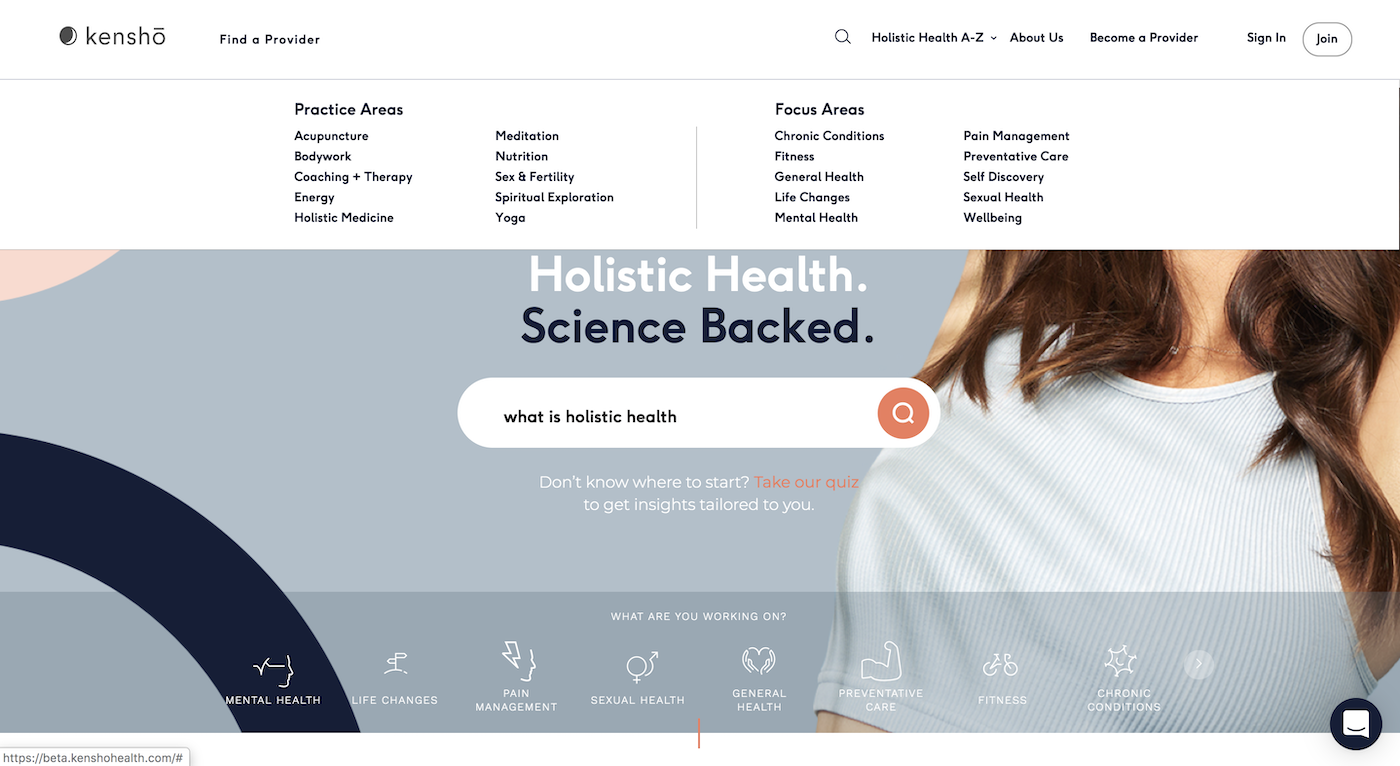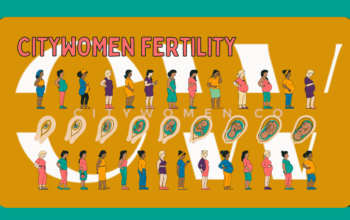
January 29, 2020 at 03:00PM by CWC
If you’d asked me just five years ago if I would ever try reiki or acupuncture, you would have been met with an emphatic “no.” I long associated those practices with crunchy-granola hippies in Berkeley, California—they worked for some people, but were definitely not for me.
However, as the wellness industry itself goes mainstream in the United States, more and more people—myself included—are interested in pursuing holistic health practices outside of their MD’s office. Growing interest and research has allowed for certain practices to become widely accepted among the mainstream medical community. For instance, some hospitals now offer yoga and energy healing services alongside traditional treatments. And as of last week, the Centers for Medicare and Medicaid Services announced that it would cover acupuncture for patients with chronic lower back pain—opening up a new treatment modality to the 44 million Americans currently on Medicare.
However, anyone who’s dived into the world of alternative treatments can tell you that it’s a confusing space to navigate. It’s a whole new system of modalities and credentials to understand, making finding the right kind of treatment or even the right kind of expert to provide that treatment difficult and frustrating. And while your internal med doctor might be open to the idea of you trying acupuncture or bodywork healing, they likely have no idea who to recommend or where to start, because that’s not their particular expertise.
Enter Kensho, a new online platform designed to help bridge the information gap in the holistic health world. The site, which launches today, curates information about common holistic practices, from meditation to reiki, as well as practitioners of those specialties, in order to help people better navigate their holistic wellness journeys.
“We want to work with everyone who shares this mission of how to make the world a healthier place in a way that actually treats the root cause.” —Krista Berlincourt, co-founder and CEO of Kensho
ADVERTISEMENT
ADVERTISEMENTKate Spade Autumn/Winter Sale |
“Like many people [who start wellness companies], I got sick,” says Krista Berlincourt, Kensho’s co-founder and CEO, of the company’s origin story. Berlincourt, who previously worked at financial and tech startups, says she was hospitalized for adrenal failure (also known as Addison’s disease) at age 28 in 2015 after experiencing heart palpitations and other issues. She says she balked at the idea of taking prednisone (a steroid) to manage her condition every day for the rest of her life. She started trying holistic therapies for herself, ultimately quitting her job and relocating to South America to understand the options outside of conventional Western medicine that could manage her condition. (She says she is now in full recovery.)
“Being someone who is intellectually minded, I got hooked by the science of [holistic medicine],” Berlincourt says. She was particularly interested in something she refers to as an “information asymmetry,” meaning the disconnect between what anecdotally works for people and the volume of research done on holistic therapies (such as acupuncture, reiki, medicinal herbs, etc) that hadn’t ever been published in reputable journals. The information gap meant that people have to go through a lot of legwork in order to know what treatments can work for certain issues, and to find reputable practitioners in order to provide those treatments.
“But there are answers to all of these questions,” Berlincourt says—just no one had put them together yet. And as she points out, very few people have the luxury as she did to quit their jobs and pursue a ton of different treatments in order to figure out what works for them.
Kensho, which she started with co-founder Danny Steiner, was born out of that problem. The online platform presents research- and expert-backed information on common health conditions alongside proven potential holistic treatments for these conditions, and connects users to reputable holistic practitioners. There’s also a quiz that people can take, where they input information like symptoms they experience and the types of treatment they’re interested in, which ultimately connects a user with types of modalities they might like to try.

The site’s homepage includes a search bar for people to ask questions, as well as a navigational bar featuring common health issues like “pain management,” “mental health,” and “chronic illness.” A person who wants to know more about pain management, for example, would be taken to a page with information about modalities often used for pain management (like acupuncture and bodywork). Once they click on a type of modality, they’ll be presented with concise information about what the practice is, how it works, and its proven benefits according to the latest research available—as well as recommendations for practitioners of that specialty in their area.
There are certainly other digital holistic health platforms that have popped up in the past year, such as Begin to Heal and Holisticism, but Berlincourt says Kensho’s research partnership with scientific publisher Wiley helps it stand apart. “We’re open-sourcing all of their research on the effectiveness of holistic health practices,” she says. Kensho works with the team at Wiley to source studies sans paywall and evaluate the strength of research—both of which are shared on the Kensho site in context. She says that Wiley also works with the copywriting team at Kensho to translate the findings from research into easy-to-understand language for a wider audience.
Kensho also acquired the largest professional network of holistic health providers, New World Native, in order to better connect people with reputable, legitimate experts. Every expert who wants to be on-boarded onto Kensho is thoroughly vetted and categorized by speciality, Berlincourt adds, to make finding the right person easier for people. They also have no current plans to go into appointment booking, however, so don’t compare them to ZocDoc just yet.
Berlincourt says that the platform isn’t designed for people to diagnose themselves, but rather to give people useful, research-backed information on holistic health practices in order to make the right decisions for themselves about what options to pursue. “I don’t want to get into the realm of providing medical guidance,” she says. It’s certainly a fine line, especially given that various parts of the site ask people to input their symptoms—and that they’ve heavily invested in search optimization technology to make the site competitive with WebMD and other medical publishers.
Ultimately, Berlincourt hopes to help people, as well as help legitimize the holistic health practices that have helped her and so many others. “Our goal is to be an aggregator; we want to work with everyone who shares this mission of how to make the world a healthier place in a way that actually treats the root cause,” she says, which includes researchers, providers, medical schools and institutions, and potentially insurance providers who want to cut costs by covering alternative therapies.
“It’s our responsibility to make sure that people feel armed with the information to question the diagnoses they’re given or to look outside of what’s been traditionally trusted and given with conventional [medicine],” she says. “I’d like to see a world where we see people moving towards that direction.”
Looking for more intel on holistic wellness? Here’s how to become a holistic health coach. And here’s a Reiki master’s guide on cleansing your aura.
Author Jessie Van Amburg | Well and Good
Selected by CWC
ADVERTISEMENT
ADVERTISEMENTSports Direct Free Delivery on All Orders! |

ADVERTISEMENT
ADVERTISEMENTUp to 30% off Gift Sets |







